When my son McLean turned fourteen, he accused me of being a horrible mother.
“Why didn’t you make us go to church?” he demanded. “Are we even baptized?” He looked to his younger sister Chloe for support, but her eyes widened, and she shook her head. No way was she getting involved.
“You were both baptized at Jubilee,” I explained, reminding him of the spirit-led, nondenominational church downtown, “and I’ve taken you to church. Sometimes. Your dad and I thought it was important for you to figure things out on your own. Make your own decisions. And you guys never wanted to go. So I just kind of gave up.”
“You should have made us go.” My son was resolute.
I shrugged and considered. “Maybe. Would you like to go now? See the church I was raised in? The Catholic church?” Chloe looked horrified. Her brother didn’t skip a beat.
“Yes.”
“Okay,” I agreed. “We’ll go Sunday.”
I remember telling my friend Billie about the confrontation and outcome. Sitting out on the wrap-around porch of her fading turn-of-the-century home off South French Broad, she threw back her head and laughed.
“You didn’t. Catholic church?”
“Mmmm hmmm. I figured if he wants church, I’ll give him church,” I grinned.
And it was funny. How better to rebel against a progressive mama than to declare your teenage self conservative? But there was more I wasn’t telling Billie. For the first time in over twenty years, I wanted, really wanted to go to church. Catholic church.

There’s so much my children know about me. I’m kind of an open book. They know I left their father when McLean was five and little Chloe almost three. They know when I have issues at work. We talk about drugs and sex, racism and politics. Mental health. Gun control. Abortion. They’re close with my family–my mom and stepdad, grandparents, and five siblings, most of whom live in and around Asheville. But I’ve struggled with how they might really know me, what it was like to grow up homeschooled in the eighties, moving every couple of years for my dad’s job. What it was like to be raised Catholic, attending mass Sundays and holy days of obligation, making the sacraments, going to CCD, singing in the youth choir.
I’ve always envied the Jewish people I’ve known. Growing up, my dad’s best friend Joel was Jewish. We’d celebrate Passover and sabbaths at their house. They’d come to ours for Easter and Christmas dinners. My dad and brother wore yamakas out of respect. Joel’s wife helped my youngest sisters light our Advent candles. But it wasn’t until I was an adult that I realized one of the gems of Judaism: you could be Jewish without practicing the religion. You could participate in the culture, claim the rich history and heritage, without attending synagogue or reading the torah.
I’d picked up the words ex-Catholics used–lapsed, recovering–even honed them into jokes for friends. But they never sat right. How can you lapse from something so central to your being? How can you recover from experiences part of you still holds close? I started to realize that, while I would always be at odds with the Catholic church over reproductive rights and could never forgive the legacy of atrocities committed in the name of God, I missed the cycles of the church, its seasons and feast days. Its meditative chants and prayers. Its dream of love and forgiveness.
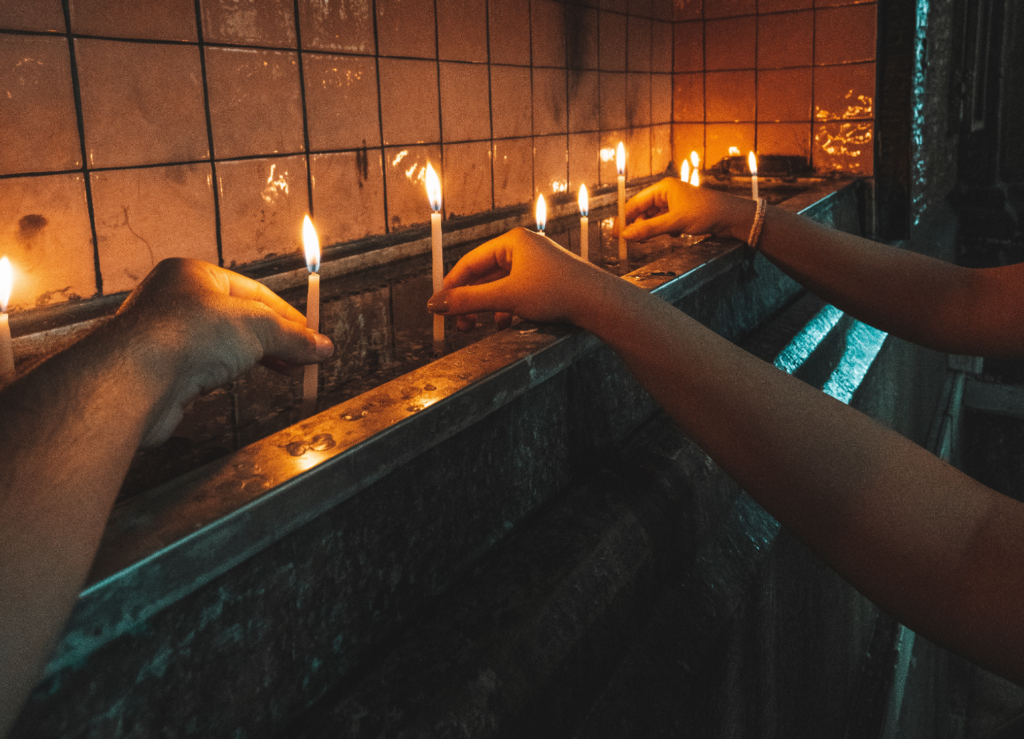
I’m not sure I realized how deeply rooted this connection was until I found myself driving unlit mountain roads one night in Ecuador. My husband had the opportunity to teach near Quito for a month over the summer, and my children and I flew down to meet him towards the end of his trip. The first surprise came at the car rental counter: the only option was a manual transmission. I knew how to drive a stick, but it had been a while. I signed my life away and tried not to picture myself navigating unfamiliar roads in an unfamiliar country with two kids fighting in the back seat. I comforted myself with the thought that Patrick could take over in a few days. As long as we’d been together, my husband had always preferred driving. Which was fine by me.
We met up with Patrick two days later in Otavalo, a town two hours north of Quito in the Andean highlands, at one of the largest indigenous markets in Latin America. Cell service was spotty, and the streets packed with tourists and vendors. I kept one eye on my children as the other searched the crowds for my husband. In the United States, Patrick is average height with a sturdy build, trim dark beard and mustache. He wears khaki shorts, Chaco sandals, and button-down shirts, untucked, year-round. At barely 5’1”, I was taller than most women in Ecuador, especially in Otavalo where the indigenous Runa (Quichua for “people”) were even shorter, giving me a height advantage I’d never before experienced.
As we rounded a corner, the man I saw striding towards me looked like a grinning giant straight from some mountain wilderness, towering above everyone in the market. His gray-streaked beard was long and wild, and his woven pants and mud-caked boots suggested long days of travel. He scooped me up in an embrace to the cheers, first of his students who drew in around us, and then to others, caught up in the joy of reunion. He found the kids and hugged them, introduced us to his students, and then we wandered around the market, listening to his stories of traveling around Ecuador, staying with families in small villages, meeting kind and generous people, eating delicious food.
It wasn’t until we were seated at a restaurant with the whole group–students, professors, local guides–that we talked about the car.
“It’s been insane,” I started, “Trying to remember how to drive a stick in a foreign country. Road signs in Spanish, crazy traffic in the city. And outside the city–vendors, children, goats, chickens wandering the streets. Most of the roads aren’t paved. And the hills…!” I laughed. Sitting in the comfort of an open-air courtyard, a fragrant bowl of seco de pollo in front of me and the promise of my husband sharing the driving from now on, the harrowing memories of our drive from Quito felt humorous. “I can’t wait for you to take over tomorrow,” I said, popping a bite of chicken into my mouth.
Patrick’s eyes shifted behind his glasses. He spotted the bowl of chulpi at the middle of the table and threw a handful of the toasted corn kernels into his mouth. “It’s been a long time since I’ve driven a stick,” he finally said.
I nodded. “Same here. But it comes back pretty quickly.” Suddenly, I wished I’d toned down my description.
“No, I mean like a really long time. I can’t remember the last time I drove a stick,” he said. And paused. I took another bite of the stew. “I don’t think I can do it. I’m really sorry.”
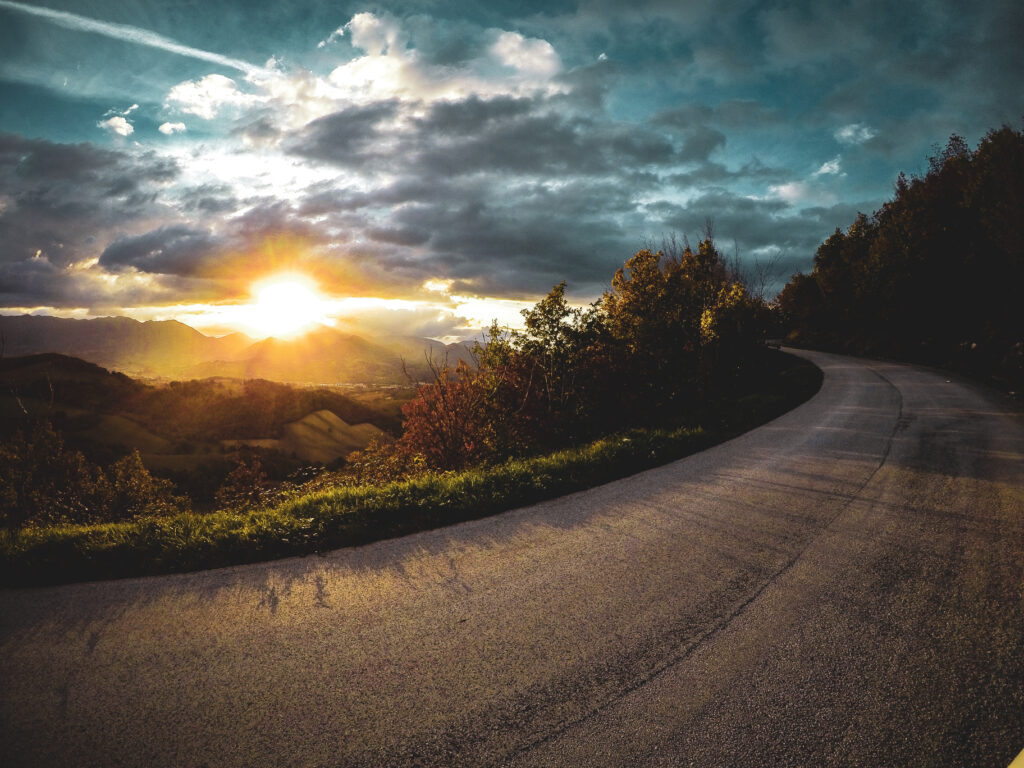
For the next week, I drove us around Ecuador in our efficiency, low-to-the-ground rental car, maneuvering through Quito traffic, dodging livestock and navigating rutted dirt roads up to the peaks of Cotopaxi and Pichincha, into the cloud forest near Mindo. To my credit, I only got pulled over once, explaining in clumsy Spanish to Ecuadorian motorcycle cops that Google Maps told me to turn the wrong way onto a busy one-way street. My guess is it was easier to let the stupid gringa go than to write her a ticket.
The last day of our trip, we shoved the kids’ and my luggage into the tiny trunk and wedged Patrick’s suitcase between McLean and Chloe in the backseat, congratulating ourselves on the inadvertent barrier we’d built between two travel-weary kids. After driving up El Panecillo to admire la Virgen and gaze out one last time over Quito, we headed out of the city and into the mountains to the village of Papallacta and its natural hot springs.
It was a perfect last day. We hiked through the mist along a rushing stream, lush foliage and mountains on either side. McLean carried Chloe when she got tired. She gave him a piggy-back ride in return. They both slipped and were covered in mud by the time we got back to the car. We gave up on culture and had pizza for dinner. By the time the sun was setting behind the surrounding hills, Patrick and I were relaxing in the warmth of the spring-fed pools, steam rising around us as the kids played in the water.
I watched the sunset, overcome by the sanctity of the place, surrendering to its beauty. Then, the mist built to a drizzle. A streetlight, flickering in the distance, caught my eye.
“We need to go.” I was standing, reaching for my towel, calling the kids. In a flash I realized I hadn’t seen a single streetlight along the road winding up the mountain. It was now almost dark. And raining. I tried to hurry the children without alarming them. I was petrified about driving down that road, sheer cliffs alternating sides, no guardrails.
“Dios te salve, María, llena eres de gracia…” My Abuela’s voice came to me from her grave, soft and raspy, murmuring the Hail Mary in Spanish, her fingers following the rosary beads clasped in her hands. My hands gripped the steering wheel, my eyes fixed on the road. I worked the break with my foot, praying the week’s many miles hadn’t worn the tires thin. “El Señor es contigo. The Lord is with you.” I remembered sitting with my Abuela, praying the rosary, half Spanish, half English. Half in awe, half in fear of her fervor. Patrick was silent. Even the children, exhausted and dozing in the backseat, were silent. I was alone with the road and the rain; the headlights of the car, two beams of hope illuminating the slick pavement; my great-grandmother’s words, a desperate benediction.

When my mom and dad got married, the Catholic church refused to marry them. My dad, half Russian, half Italian, had been raised in the Russian Orthodox church and refused to convert. My dad has never been particularly devout–unless you count his weekly worship of the New York Yankees in the fall and the Giants in winter–but he was the most loyal man I’ve ever known. To convert was to turn his back on his mother, the woman he cherished, cared for long after his father died. So they were married in the Russian Orthodox church, ornate and gilded in gold, crowned king and queen of their household and paraded around the priest three times during the ceremony. As a child, I remember sitting, the weight of their satin bound wedding album heavy against my plump legs, mesmerized by the photos. Even to a child raised Catholic, the church in those pictures seemed strange, beautiful, foreign.
The Catholic church agreed to acknowledge their union on the condition that their children were raised Catholic. Devout in her own way, my mother accepted the task with characteristic passion. And so I was raised Catholic.
At ten, I dreamed of entering a convent and dedicating my life to good works. By high school, I acquiesced to being confirmed in the church on the condition that I choose my own confirmation name: Cecilia, patron saint of music, but more importantly, title of my favorite Paul Simon song. In college, like so many of us, I drifted away from organized religion. By thirty, I was teaching high school and struggling to foster tolerance and respect among my students.
I started taking my tenth graders on a tour of houses of worship around Asheville. We sat in meditation at a Buddhist center, kneeled on prayer mats at an Islamic mosque, stared at the splendor of a Torah scroll in synagogue, and gazed up at the glory of the Basilica of Saint Lawrence’s unsupported dome. World Literature became my favorite class to teach.
On the last of these field trips, we visited a Greek Orthodox church for the first time. I waddled in behind my students, six months pregnant with my first child, but looking as if I might pop any minute. At my height, there’s only one direction for a baby to grow–out. Taking a seat and feeling a strange desire to cross myself for the first time in years, I looked up and smiled at our speaker. Well-dressed, lean and muscular, lush dark hair and a trim beard, the priest reminded me of a young Al Pacino. Hormones surged and my cheeks flushed. Then he began to speak. In a thick New York accent, he managed to describe his religion like a mobster detailing a hit, only breaking once to dismiss his ringing cell phone. “My wife again. She’s driving me crazy! I’m gonna kill her.” My students were enthralled. Or perhaps petrified. I settled as best I could into the wooden pew with a smile.
As we were leaving, I walked up to say thank you.
“Ah, the Madonna!” he cried as I approached, crossing himself and kissing his thumb in a gesture I found strangely stimulating, “How beautiful!”
“Thank you.” I blushed again, allowing him to take my hands and gaze upon my rounded belly.
By the time he raised his eyes to mine, I saw an intensity I hadn’t expected. “May I bless your child?” His voice was just above a whisper.
“Yes. I would like that.” I found myself nodding. He smiled, raising one hand in benediction and laying the other on my taut belly.
I don’t remember a word of his prayer for the child that would grow into my son McLean, but I do remember grasping both his hands in thanks before a throng of high school girls surrounded me, giggling. I remember following them to the bus, surprised I had allowed a stranger to lay his hand in prayer over my child. While I taught tolerance, I hadn’t imagined I could share prayer without sharing belief. That prayer might transcend dogma.
After that, I found myself looking for prayer everywhere. In the mutterings of the steel-haired grandmother at the grocery store, eyes bright with tears at the sight of my toddler son, dark curls framing his impish face. In the gush of an unsteady college girl, overcome by the roundness of my pregnant belly, bared at a Gillian Welch concert. In the summer storms that appear out of nowhere when Billie and I sit out on her porch over wine and hard times. And as I look, I find. Prayer, in the rosary passed down by my Abuela, the images of saints my Nana still tucks into every birthday, Christmas, and thank you card she sends me. Prayer, perhaps, in my teenage son’s rebellion, and the demands that take us back to church.


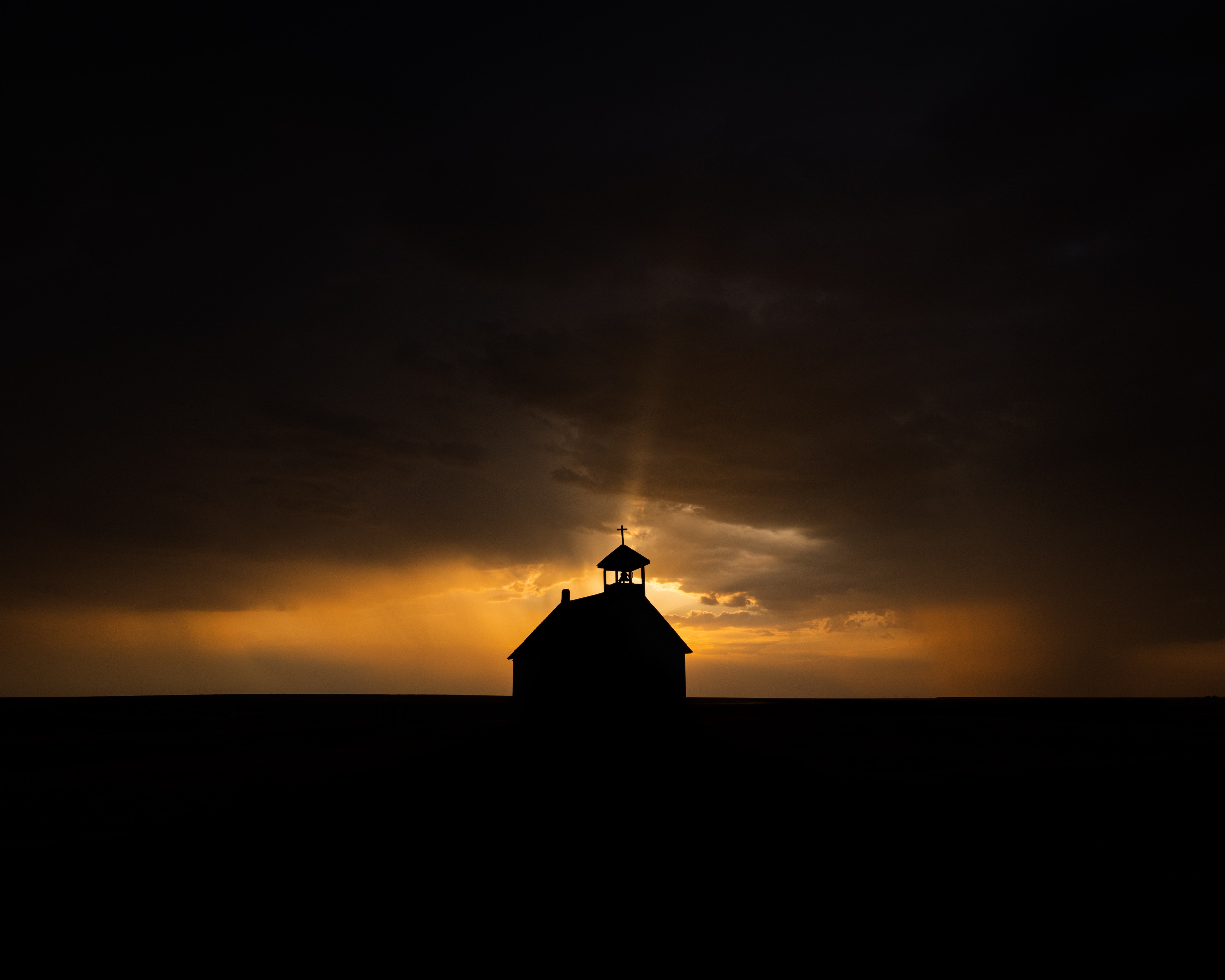
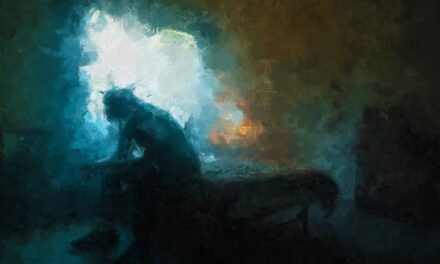
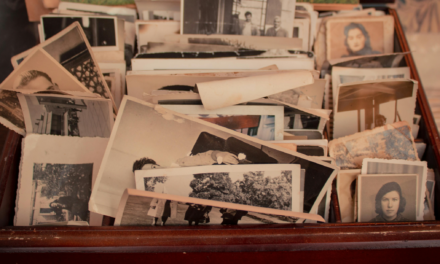
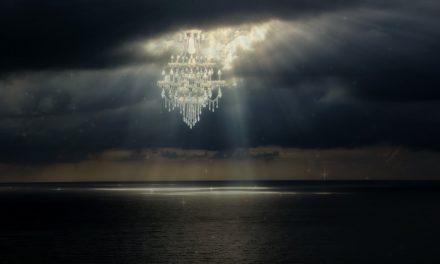
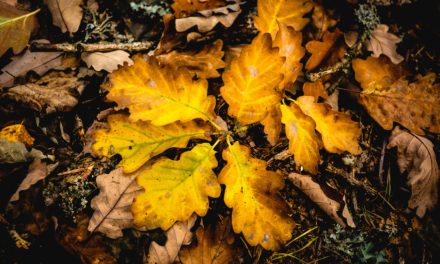

I loved your article and the Braided Way. I was raised a “progressive” Presbyterian. The gift of that was a strong faith foundation that was rooted in service and social justice. After marriage to a Roman Catholic from birth and having Catholic roots in Italian/Sicilian ancestry it wasn’t a huge leap to convert and raise my daughters as Roman Catholics. The gift of my conversion was the deep mystery I felt in the Roman Catholic celebration of the Eucharist. Life happens and after a divorce, I felt a drift. Faith never died but the form it was expressed did. I have walked an Earth-based/ shamanic path now for over 30 years. From my earliest memories, I’ve always known that God expressed her/himself in nature. Yes, like you there were faith traditions that I missed. And with the light of those traditions, there is also the dark; institutional dogma, and patriarchy. But Spirit does work in mysterious ways. In the last 9 months, I was introduced to an Independent Inclusive Catholic community. Independent Catholic communities vary but honor the Catholic roots and Sacraments and reside outside the Roman Catholic authority. So in this community, I can truly celebrate the eucharist, my Catholic roots, my values of inclusivity in all ways, and my direct relationship with my Creator. You will also find me out in nature, honoring God’s creation, in ceremony with all that is. For, in the end, we all sit around the sacred hoop of life, and as it is said, “we are all related”. We are all One. Blessings!
A lovely trip with you through the mountains of the earth and of our religious expereinces. THanks for wharing such a human story!